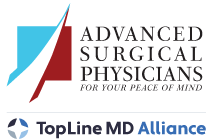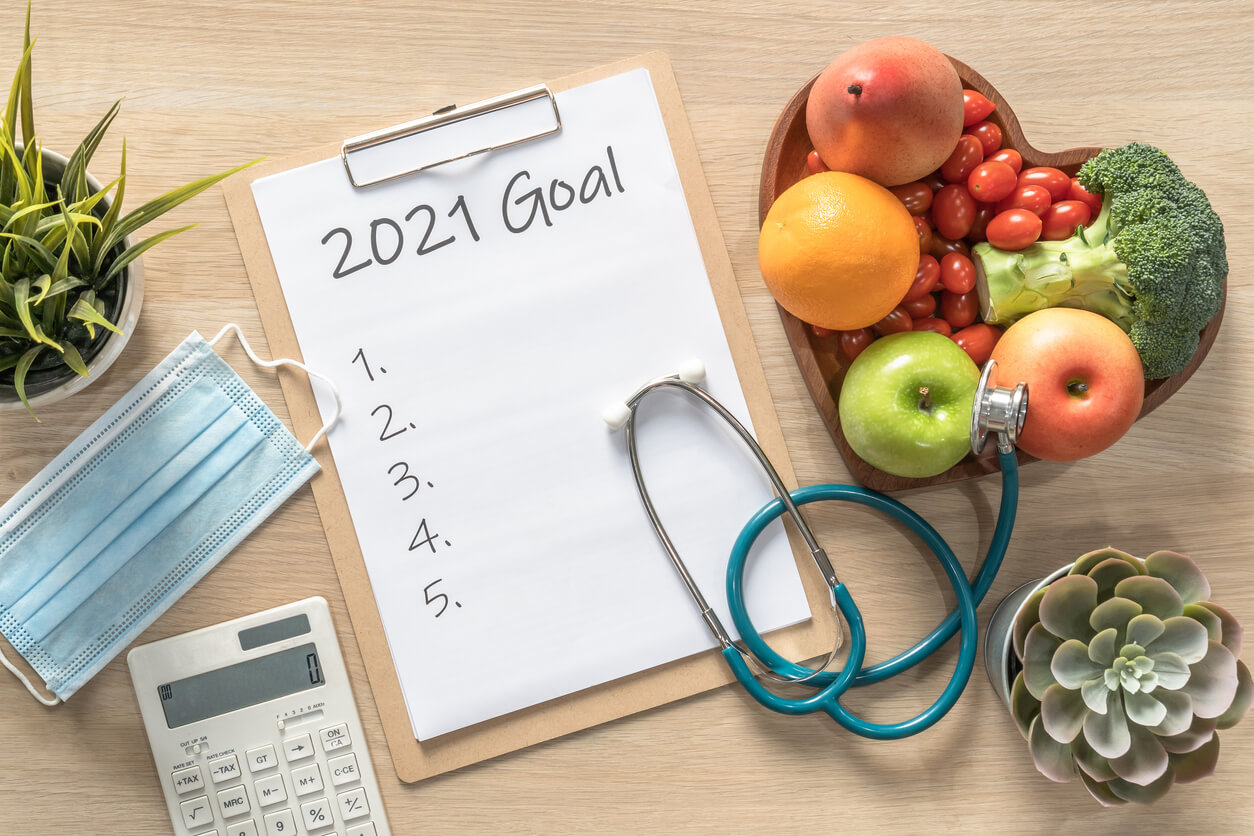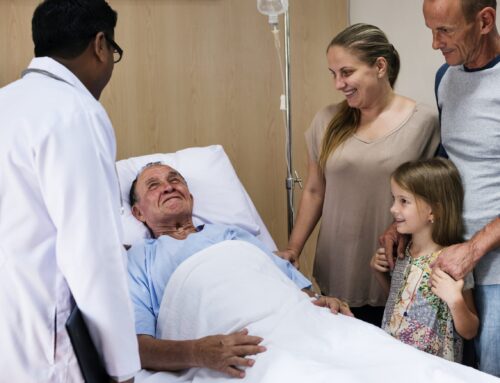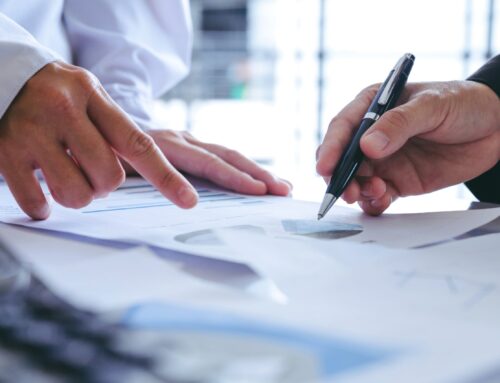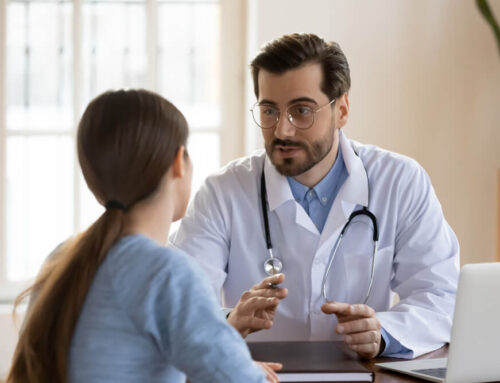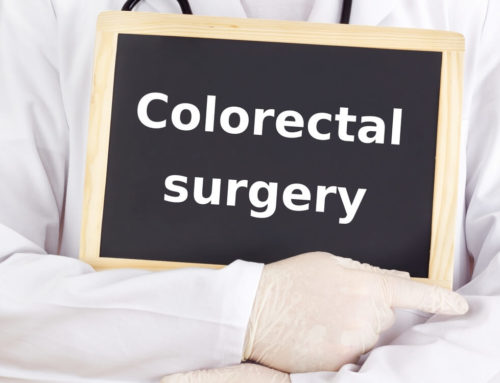When it comes to your gallbladder, many underestimate the crucial role it plays during the digestion process. Therefore, you need to take specific steps to ensure no problems occur after its removal. This typically includes a gallbladder removal diet. This diet covers many different aspects which will be discussed.
There are many great food and drink options to choose from, so adapting to the new diet after gallbladder removal long term shouldn’t be as daunting as first thought. Sometimes the change may only be short-term. However, your doctor will determine the best approach depending on your case.
We will cover all the different symptoms that can arise after your operation so you can better understand what to watch out for. Whether you’ve followed the recommended diet after gallbladder removal long term or not. The diet helps to reduce the possible symptoms but may not altogether remove the chances of them occurring.
How Digestion Is Impacted After the Operation
Many of us don’t know what a gallbladder looks like. It’s roughly 10 centimeters or less that is in the shape of a pear. The organ sits just below the liver and is tasked with keeping bile acids produced by the liver. This substance is crucial for allowing the body to process food and absorb fats.
Suppose your gallbladder removal recovery will be successful. In that case, fats eaten should be reduced because too much fat will make digestion take longer, putting pressure on your body, along with the possibility that all meals you consume will take an extended amount of time to pass from the stomach.
Bile acid also has another purpose. It’s used in the small intestine to control food passing through it. However, if your gallbladder is removed, it can result in food particles flowing faster than the intestine can support, leading to complications.
This is why it’s necessary to stick to a gallbladder removal diet. Sometimes it may only be a short-term adjustment. However, on certain occasions, a long-term approach is needed. Before the removal, individuals whose diets consisted of high carbohydrates and fats and low fiber will most likely need to make permanent changes.
Understanding Your New Diet
Once the operation has taken place and is successful, the appointed doctor will inform you when it’s safe to eat and drink. Typically, when the patient is conscious after the surgery, they should drink small amounts of water and eat small portions of solid food if they’re feeling fine.
Patients can sometimes get constipation during the gallbladder removal recovery period. Especially during the early stages, due to a combination of the anesthesia, pain medications, and lack of movement when the surgery is taking place. To combat constipation, make sure to drink between 8 to 10 glasses of water daily. There’s also the chance that the doctor will provide a prescription for a stool softener.
It is recommended for those who are still in the gallbladder removal recovery stage to eat smaller portions when starting to eat solid foods. You should also ensure to check on any adverse effects experienced after eating certain types of food.
Health professionals often advise supplements, specifically fat-soluble vitamins, to help reduce the impact of the organ’s removal.
Top Foods to Avoid
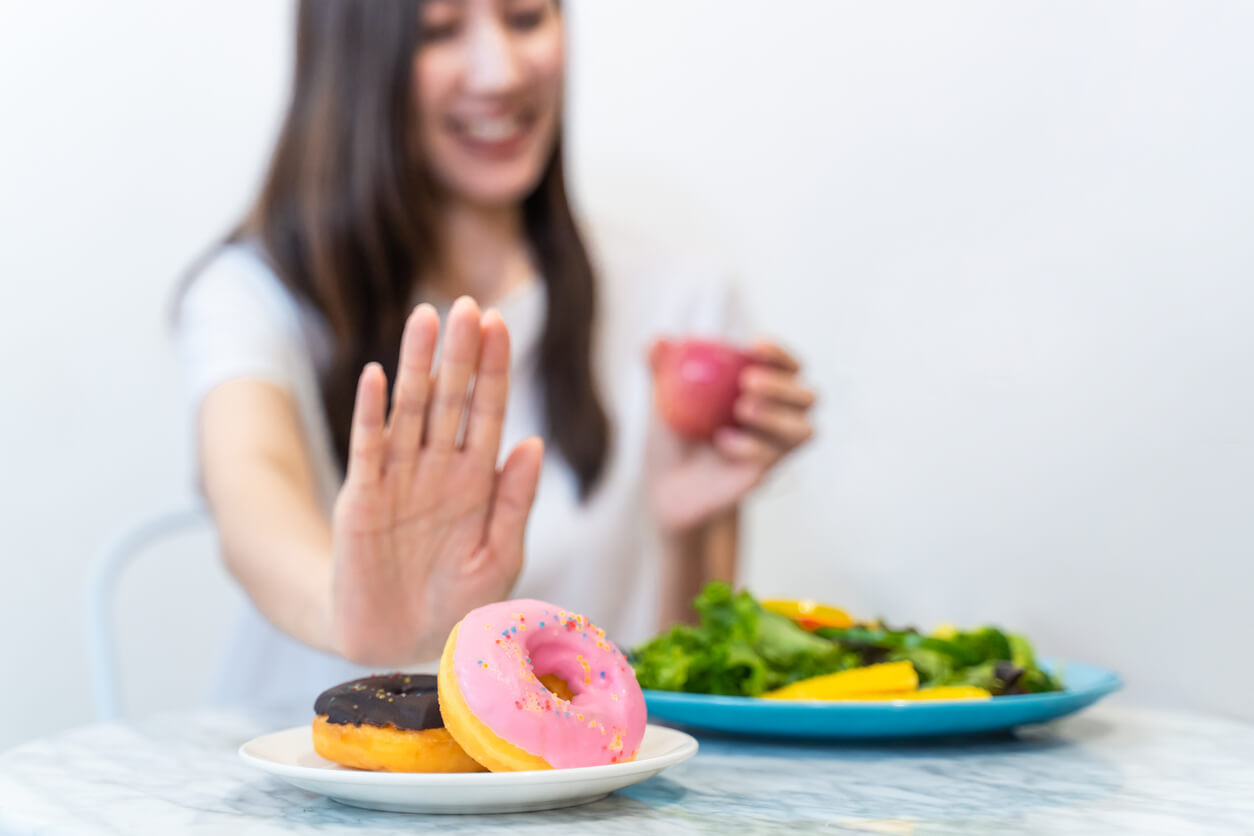
During the recovery period, you should not eat certain types of food, and you should also eat in much smaller quantities. The foods you should avoid are:
- Carbonated drinks such as soda
- Alcohol (Wine, spirits, and beer)
- Foods and beverages containing caffeine
- Refined sugars
- Spicy foods
- Foods that have high contents of fat, grease (especially fried foods)
Keep in mind that if you do not follow this gallbladder removal diet, there is a strong possibility that you will have diarrhea approximately one week after the operation.
You should also avoid these specific food groups:
- Processed Foods
- Dairy Products
- Fatty Meats
Processed foods- Inside the majority of processed foods are high amounts of fats or oils. The top types of processed foods that you should avoid are:
- Processed meats such as sausages
- Fast foods, including pizzas or fried food
- Different kinds of biscuits and desserts
Dairy Products – To prevent any complications arising, it’s best not to eat or drink any of the following dairy items:
- Ice cream
- Creamy sauces
- Butter
- Full-fat cheese
- Full-fat yogurt
- Whole milk
- Cream
Safe Foods to Eat
Although you should not touch or consume some foods, there are still many options during the recovery phase. The three main categories of food that you should eat include:
- Lean protein
- Low-fat dairy
- High fiber foods
Lean protein – For meat options that will not upset your digestion, you should consider the following food choices:
- Legumes
- Fish and seafood
- Nuts and seeds in small portions
- Chicken or turkey (breasts)
Low-fat dairy – Calcium is an essential part of any diet. That’s why people that have undergone gallbladder removal are recommended to continue having low-fat yogurt and skimmed milk. However, there are other calcium-rich options available. These options include:
- Sardines and salmon that are canned
- Legumes and pulses
- Vegetables that are leafy greens
- Milk alternatives with high calcium
Take caution when eating low-fat products. Sometimes, food production companies add additional sugar for taste or texture, which can have a higher sugar content than the standard versions. Check out the nutritional information before purchasing, or consult a doctor who may recommend specific brands.
Possible Side-Effects After Surgery
If you are experiencing related effects due to the surgery, it is classed as Postcholecystectomy syndrome (PCS). There is a range of symptoms that people can experience:
- Intermittent stomach pain
- Jaundice
- Diarrhea
- Indigestion
- Flatulence
- Heartburn
- Fatty food intolerance
- Vomiting
- Nausea
The National Institute of Health found that roughly 5 to 30% of individuals may experience one or more of these effects after the procedure. If needed, the health professional will prescribe further medication or will discuss additional surgery.
When It’s Best to Consult a Doctor When Experiencing Symptoms
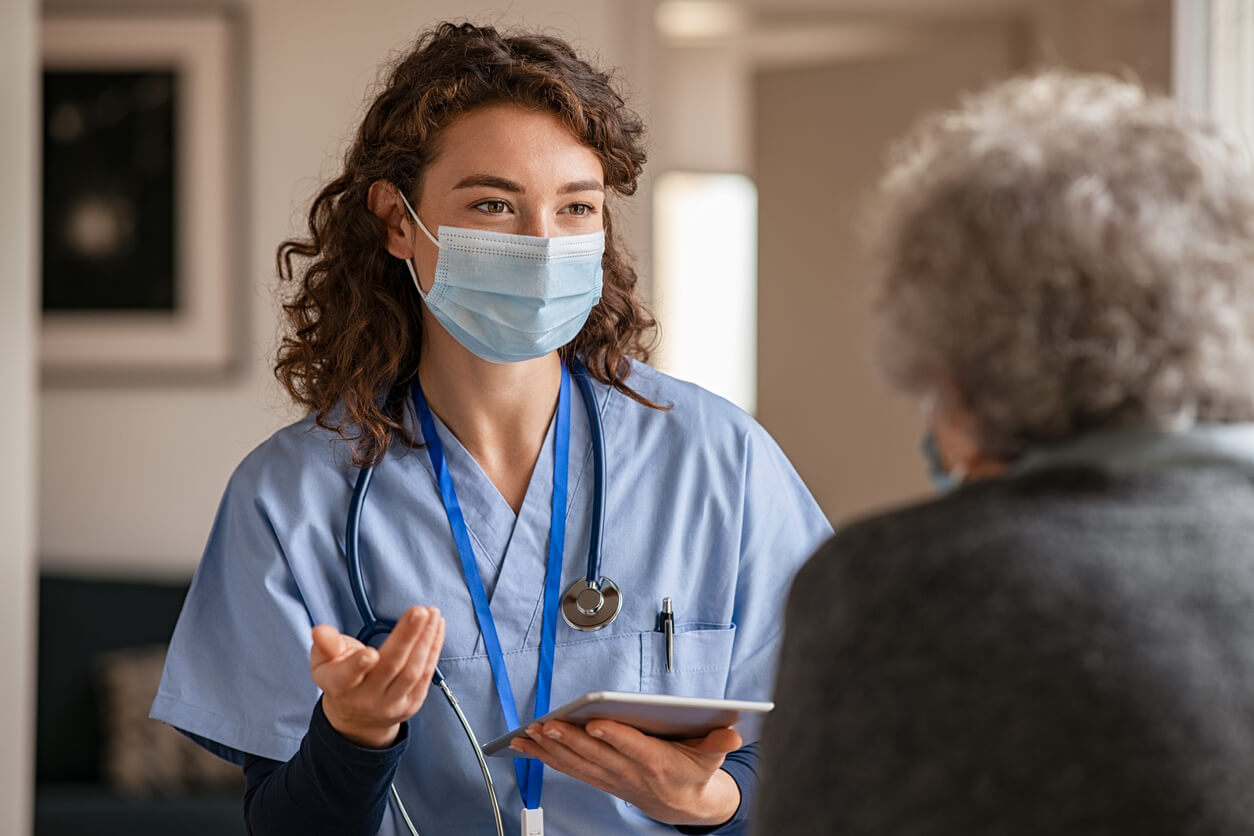
Sometimes it is typical to experience symptoms after surgery, even if you follow a diet after gallbladder removal long term. Diarrhea and gas are some common symptoms. Although, if you experience more severe effects, such as high fever, swelling of the abdomen, or regular vomiting, then it’s best to contact a doctor straight away.
Every case is unique. Therefore a doctor will be able to properly determine your symptoms and provide the best course of action going forward.
Specialists That Can Help
We’ve covered a lot of what to do and what not to do post-op. However, every person is unique and can react differently. Therefore, it’s always best to talk to an expert. Plus, this is a great time to ask any questions about other foods and drinks not mentioned.
For those located in the Palm Beach County, Florida area concerned about any symptoms that may have been caused by the removal surgery, book a consultation today. Our health professionals can accurately determine if you’re experiencing Postcholecystectomy Syndrome. Along with the correct solution to combat the issue.

